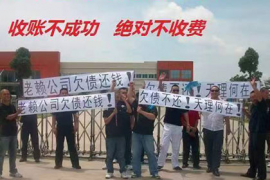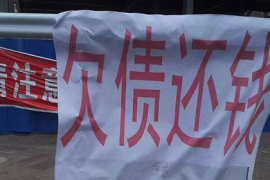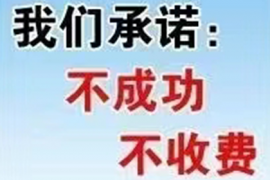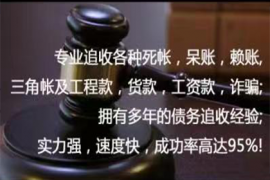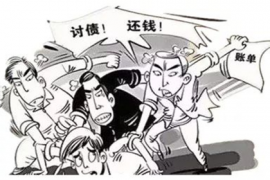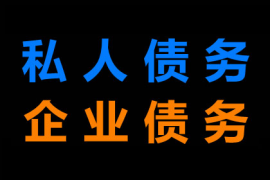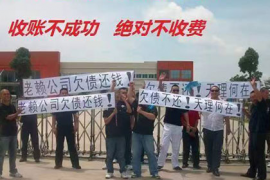![]()
Debt collection is a process that many businesses and individuals have to deal with at some point. It involves trying to recover money that is owed to them by another party. In the world of debt collection, there are many terms and abbreviations that are commonly used. In this article, we will explore some of the most common abbreviations used in debt collection.
1. DCA - Debt Collection Agency: A DCA is a company that specializes in collecting debts on behalf of other businesses or individuals. They may use various methods to collect the debt, such as phone calls, letters, or legal action.
2. FDCPA - Fair Debt Collection Practices Act: The FDCPA is a federal law that regulates the behavior of debt collectors. It sets out guidelines for how debt collectors can communicate with debtors, what information they can disclose, and what actions they can take to collect a debt.
3. NOD - Notice of Default: A NOD is a formal notification sent to a debtor when they have failed to make payments on a loan or credit account. It informs the debtor that they are in default and gives them a certain amount of time to rectify the situation before further action is taken.
4. COA - Charge-Off Account: A COA is an account that a creditor has written off as uncollectible. This usually happens after the account has been delinquent for a certain period of time and all attempts to collect the debt have been unsuccessful.
5. PIF - Paid in Full: PIF is an abbreviation used to indicate that a debt has been fully paid off by the debtor. Once a debt has been paid in full, the creditor should update their records and close the account.
6. CCJ - County Court Judgment: A CCJ is a legal ruling issued by a county court against a debtor who has failed to repay a debt. It gives the creditor the right to take further action to recover the debt, such as seizing assets or garnishing wages.
7. ROI - Return on Investment: ROI is a financial metric used to measure the profitability of an investment. In the context of debt collection, ROI can be used to assess the effectiveness of different collection strategies and determine which ones are most cost-effective.
8. CFPB - Consumer Financial Protection Bureau: The CFPB is a government agency that oversees and enforces consumer protection laws related to financial products and services, including debt collection practices. They provide resources and information for consumers who are dealing with debt collectors.
9. SOL - Statute of Limitations: SOL refers to the legal time limit within which a creditor can sue a debtor for an unpaid debt. Once the SOL has expired, the creditor loses the right to take legal action to collect the debt.
10. APR - Annual Percentage Rate: APR is a measure of the cost of borrowing money expressed as a percentage. It includes not only the interest rate but also any fees or charges associated with the loan or credit account.
In conclusion, understanding these common abbreviations used in debt collection can help both creditors and debtors navigate the process more effectively. By knowing what these terms mean and how they are used, individuals can better manage their debts and work towards resolving them in a timely manner.
上海调查追债要账公司上海追债要账调查公司电话上海讨债公司要账上海要账公司文案模板
